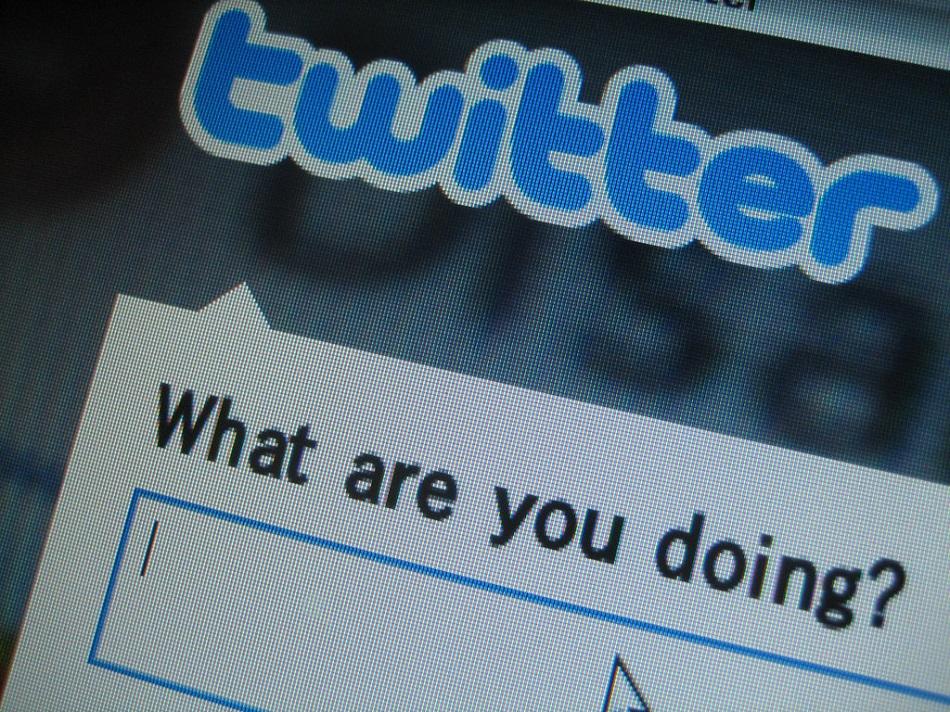Twitter is intensifying its crackdown on so-called trolls and dummy accounts by requiring new users to confirm their identity through messages sent via email and phone, the company announced Tuesday.
Before this digital age, the word "troll" referred only to unpleasant-looking mythical creatures. But, nowadays, it is more associated with individuals or groups that deliberately provoke debates online for the sole purpose of spreading hate or annoying other users. Of course, to do this, fake accounts are usually necessary.
Social media platforms have been battling the spread of fake accounts trolling other users on the internet. On Twitter’s part, the company announced that one of the upcoming changes to further avoid the increase of dummy accounts is by requiring new users to verify their information through both an email address and an active phone number.
“This is an important change to defend against people who try to take advantage of our openness. We will be working closely with our Trust & Safety Council and other expert NGOs to ensure this change does not hurt someone in a high-risk environment where anonymity is important,” Twitter said. The new layer of account verification is expected to go live “later this year.”
While making it hard for new malicious accounts to pass through the Twitter signup page, the social media company will also be making efforts to “audit” existing accounts to determine the ones that were created through an automated method. Twitter added, “Our goal is to ensure that every account created on Twitter has passed some simple, automatic security checks designed to prevent automated signups.”
Twitter has reported several achievements in removing spamming and malicious profiles from the microblogging site. Its efforts in improving its mechanisms to identify fake accounts showed good results, with the company saying, “We are now removing 214 percent more accounts for violating our spam policies on a year-on-year basis.”
As of May, Twitter's systems were able to identify and challenge over 9.9 million accounts that had suspicious user identity.



 Elon Musk’s SpaceX Acquires xAI in Historic Deal Uniting Space and Artificial Intelligence
Elon Musk’s SpaceX Acquires xAI in Historic Deal Uniting Space and Artificial Intelligence  SpaceX Reports $8 Billion Profit as IPO Plans and Starlink Growth Fuel Valuation Buzz
SpaceX Reports $8 Billion Profit as IPO Plans and Starlink Growth Fuel Valuation Buzz  SpaceX Prioritizes Moon Mission Before Mars as Starship Development Accelerates
SpaceX Prioritizes Moon Mission Before Mars as Starship Development Accelerates  Jensen Huang Urges Taiwan Suppliers to Boost AI Chip Production Amid Surging Demand
Jensen Huang Urges Taiwan Suppliers to Boost AI Chip Production Amid Surging Demand  Elon Musk’s Empire: SpaceX, Tesla, and xAI Merger Talks Spark Investor Debate
Elon Musk’s Empire: SpaceX, Tesla, and xAI Merger Talks Spark Investor Debate  Amazon Stock Rebounds After Earnings as $200B Capex Plan Sparks AI Spending Debate
Amazon Stock Rebounds After Earnings as $200B Capex Plan Sparks AI Spending Debate  Global PC Makers Eye Chinese Memory Chip Suppliers Amid Ongoing Supply Crunch
Global PC Makers Eye Chinese Memory Chip Suppliers Amid Ongoing Supply Crunch  Nvidia, ByteDance, and the U.S.-China AI Chip Standoff Over H200 Exports
Nvidia, ByteDance, and the U.S.-China AI Chip Standoff Over H200 Exports  Anthropic Eyes $350 Billion Valuation as AI Funding and Share Sale Accelerate
Anthropic Eyes $350 Billion Valuation as AI Funding and Share Sale Accelerate  Alphabet’s Massive AI Spending Surge Signals Confidence in Google’s Growth Engine
Alphabet’s Massive AI Spending Surge Signals Confidence in Google’s Growth Engine  Nintendo Shares Slide After Earnings Miss Raises Switch 2 Margin Concerns
Nintendo Shares Slide After Earnings Miss Raises Switch 2 Margin Concerns  Nvidia CEO Jensen Huang Says AI Investment Boom Is Just Beginning as NVDA Shares Surge
Nvidia CEO Jensen Huang Says AI Investment Boom Is Just Beginning as NVDA Shares Surge  TSMC Eyes 3nm Chip Production in Japan with $17 Billion Kumamoto Investment
TSMC Eyes 3nm Chip Production in Japan with $17 Billion Kumamoto Investment  Palantir Stock Jumps After Strong Q4 Earnings Beat and Upbeat 2026 Revenue Forecast
Palantir Stock Jumps After Strong Q4 Earnings Beat and Upbeat 2026 Revenue Forecast  OpenAI Expands Enterprise AI Strategy With Major Hiring Push Ahead of New Business Offering
OpenAI Expands Enterprise AI Strategy With Major Hiring Push Ahead of New Business Offering 































